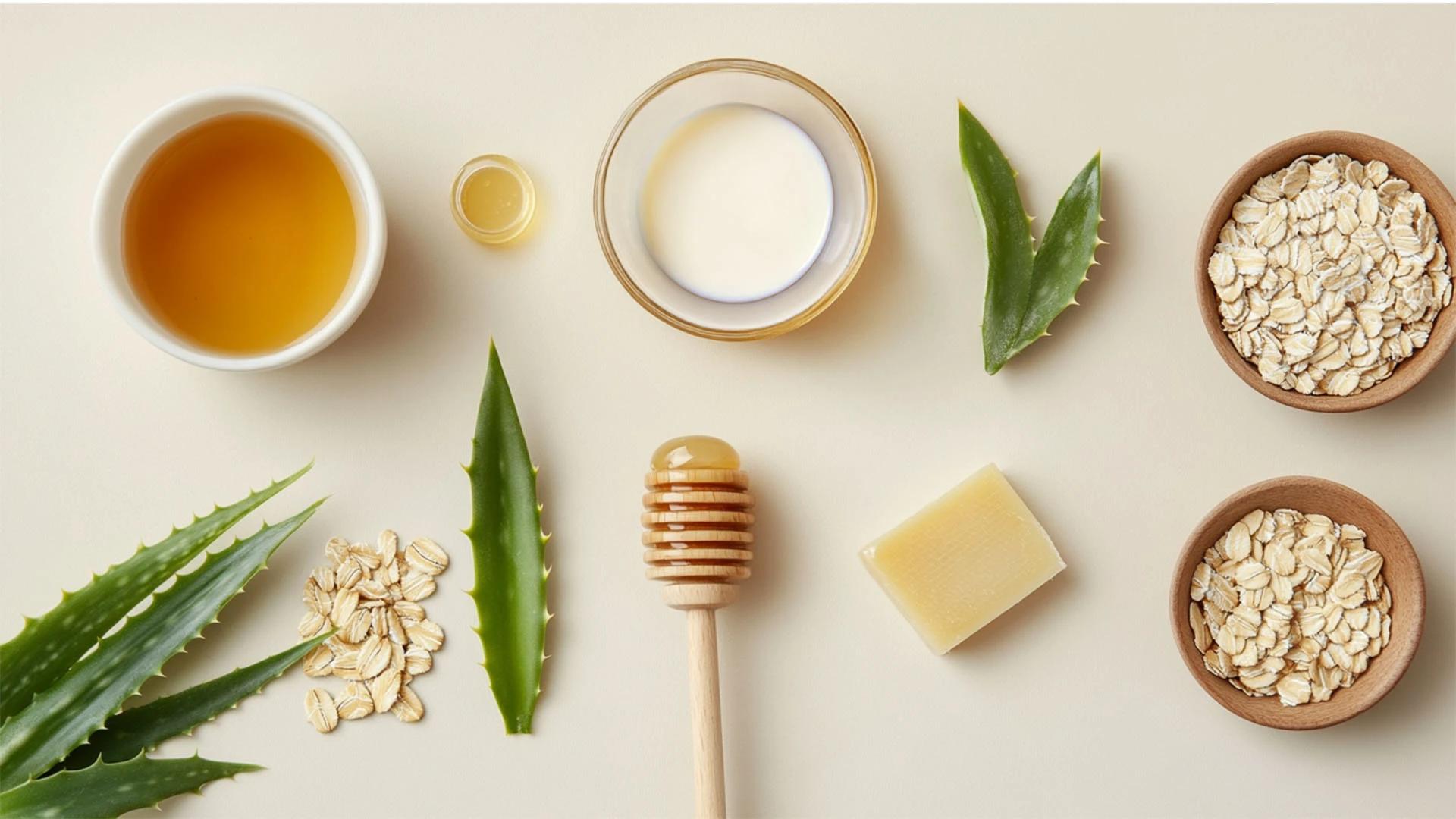Let's be real—acne-prone skin can feel like that friend who keeps changing plans last minute. One day it's clear, the next it's staging a full-blown rebellion. But here's the thing: the right serum for acne prone skin can be your secret weapon in this ongoing battle. Think of it as your skincare wingman, working behind the scenes to keep things balanced and blemish-free. If you've been scrolling through endless product reviews wondering which clarifying facial serum might just become your next fave, this tutorial's got your back. We're breaking down everything from star ingredients to application techniques, so you can finally master that clear-skin game.
Understanding Acne-Prone Skin and Serums
Acne-prone skin isn't just about the occasional spot—it's a whole mood. Your pores tend to clog easier, oil production goes into overdrive, and your skin basically has commitment issues with staying calm. But that's where **acne-fighting serums** come into play.
Serums are like the concentrated goodness your skin's been craving. They're lighter than moisturisers but more powerful than your basic toner. For acne-prone skin, they deliver targeted ingredients deep into your pores without that heavy, greasy feeling that makes you want to wash your face immediately after applying anything. The right **oil-free face serum** can help regulate sebum production, unclog pores, and give your skin that balanced vibe it's been missing. Plus, they're typically **non-comedogenic skincare** products, meaning they won't add to your pore-clogging drama.
Essential Ingredients for Acne-Fighting Serums
Not all ingredients are created equal when it comes to tackling acne. Some are absolute legends, while others might just be riding the hype train. Let's talk about the real MVPs that deserve a spot in your **blemish control treatment** routine.
Salicylic Acid: The Pore-Clearing Powerhouse
This BHA (beta hydroxy acid) is basically the Sherlock Holmes of skincare ingredients. A quality **salicylic acid serum** dives deep into your pores, dissolving the gunk that's been camping out there. It's oil-soluble, which means it can cut through sebum like nobody's business. Perfect for those stubborn blackheads and whiteheads that just won't budge.
Niacinamide: The Skin-Balancing Superstar
This form of vitamin B3 is your **skin-balancing serum** hero. It regulates oil production without stripping your skin dry, reduces inflammation, and helps minimise the appearance of pores. Think of it as the mediator in your skin's internal arguments—it keeps everything calm and collected.
Tea Tree Oil: Nature's Clarifying Agent
This natural antiseptic brings serious antibacterial properties to the table. It's particularly brilliant for spot-treating active breakouts and preventing new ones from gatecrashing your clear-skin party. Just remember, a little goes a long way with this potent ingredient.
Retinol: The Cell-Turnover Accelerator
Retinol speeds up your skin's natural renewal process, helping to prevent dead skin cells from clogging your pores. It's like giving your skin a gentle nudge to get its act together and reveal fresher, clearer skin underneath.
Azelaic Acid: The Gentle Acne Fighter
This **gentle acne treatment** ingredient is perfect if you have sensitive skin that throws tantrums with stronger actives. It reduces inflammation, unclogs pores, and helps fade post-acne marks without being too harsh.


 15 ml
15 ml 100 ml
100 ml Combo
Combo 30 ml
30 ml